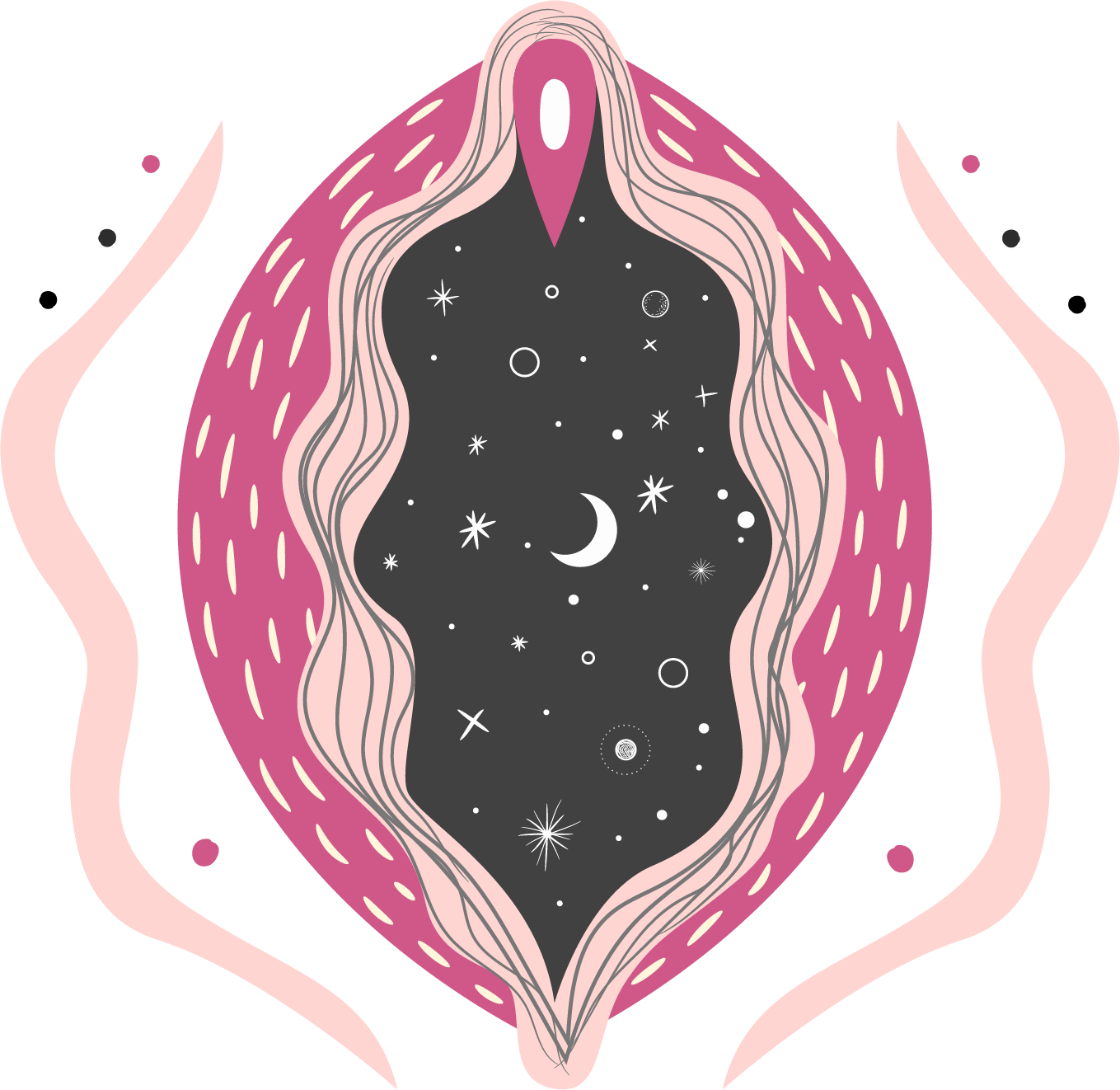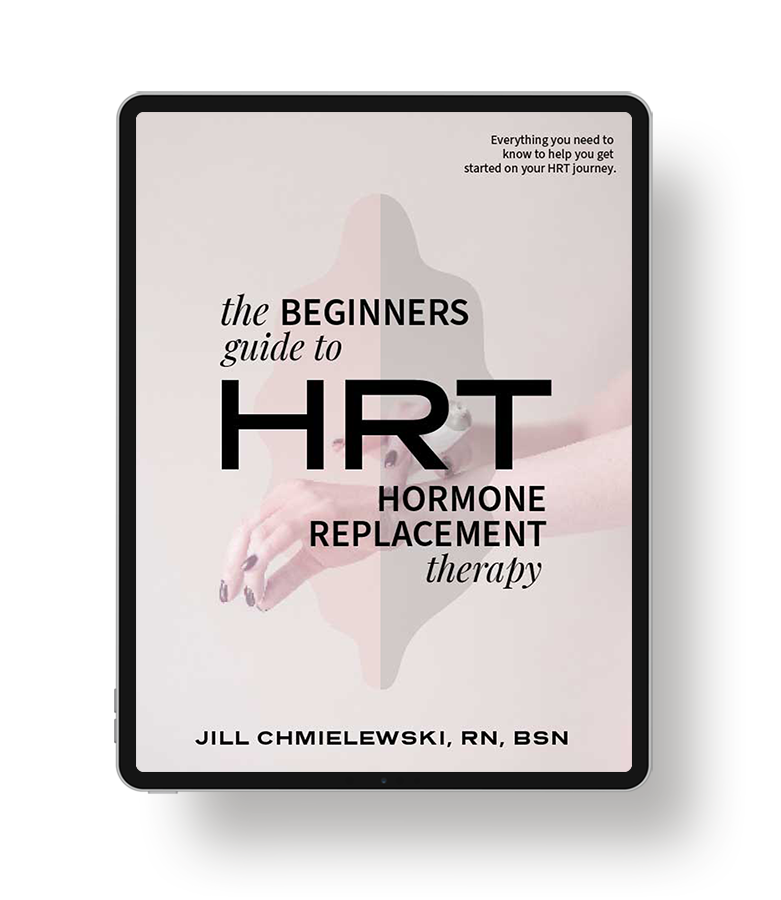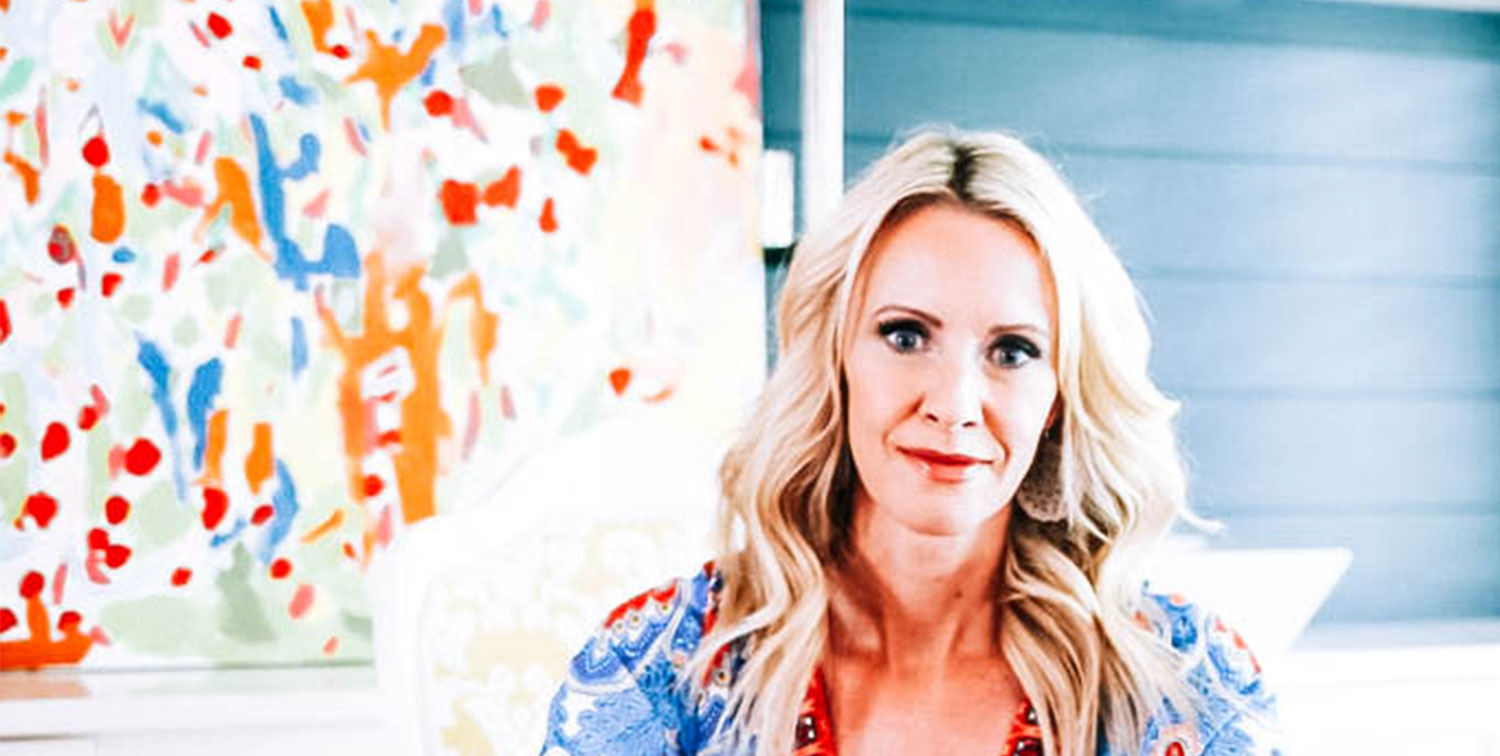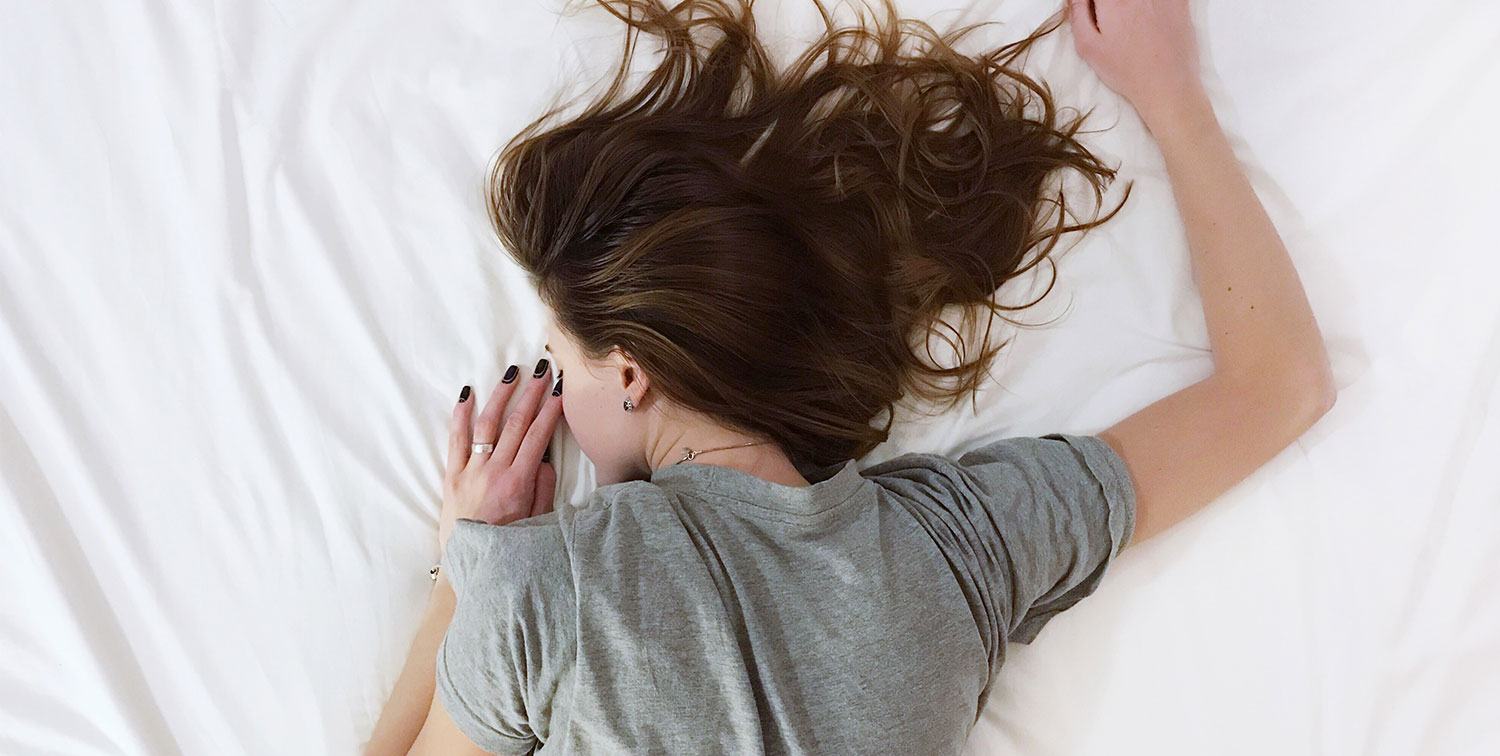I was a true coffee addict. I started drinking coffee back in my early twenties when I became a night shift neonatal intensive care nurse at Northwestern. I was NOT a night person, but I had to pay my dues as a new nurse, and I spent three years working night shifts and drinking LOTS of coffee.
When I switched to day shift my habit had become an addiction, and I continued to drink coffee, only now it had become my morning (and sometimes afternoon) routine. On average I probably had 2-3 cups per day. And while I enjoyed the jolt of energy that would come with my cup o’Joe, it wasn’t until I began tuning into my body that I realized that coffee just wasn’t serving me well. So a little over one year ago, I made the decision to quit, but I wanted to do it very slowly.
There’s been a lot of research done on coffee over the years, and while there may potentially be some health benefits to having your morning Cup o’ Joe, the bottom line is this: caffeine affects everyone a bit differently, so it’s possible for even a small dose to create a variety of both good and bad effects in your body.
- Caffeine acts as an adenosine receptor antagonist in the brain. (That’s a mouthful!) Adenosine has SLEEP-PROMOTING effects, so when we drink our morning (or afternoon coffee), we block that function, which reduces fatigue and sleepiness.
- Caffeine also causes the neurons in your brain to fire more quickly, exciting your central nervous system (you’ve probably felt that jolt soon after those first sips). That’s not necessarily a bad thing in smaller doses, but it’s good to remember that coffee and other caffeinated drinks contain hundreds of biologically active compounds, and the health effects of caffeine intake over the long haul may be different for everyone.
Caffeine can stay in your system for 4 to 6 hours (and potentially longer for some people), so if you find yourself reaching for coffee as part of your regular afternoon pick-me-up routine, you are likely going to have issues falling asleep and staying asleep.
According to the “Journal of Food Science,” consuming less than 400 milligrams of caffeine per day is generally regarded as safe, and I’ve included some stats on some of your favorite beverages:








Caffeine is readily absorbed into your bloodstream and is processed by your liver, so if you have a sluggish liver (which many of us do and don’t even know it), it may be best to consider cutting back or eliminating caffeine altogether.
Aside from the effects on your liver, there are some other not-so-great affects associated with caffeine:
1. Has Addictive Qualities
Just like all drugs, caffeine is addictive! Over time, you’ll most likely need more and more caffeine to produce the same energizing effects since your brain and body naturally build up a tolerance. If you wake up in the morning looking forward to your morning “fix”, it may be time to make some changes.
2. May worsen Anxiety
The side effects of caffeine intake include:
- increased heart rate
- Restlessness
- Anxiety
- Depression
- tremors
- difficulty sleeping
- excessive urination
- nausea.
So if you suffer from ongoing stress and trouble with nervousness, it might be best to avoid this stimulant.
3. Can Cause or Worsen Sleep-Related Problems
Because of its stimulating effects, caffeine is known to disrupt sleep and might make insomnia worse in people who are prone to sleep-related problems. Even if you usually sleep well, caffeine might disrupt your body’s natural hormone levels and wake-and-sleep cycles that help promote restful sleep, such as potentially depleting serotonin and melatonin. As a result, you’re more likely to need caffeine to keep you going the next day.
4. Impacts Hormone Levels
Caffeine causes the adrenal glands to produce more epinephrine and norepinephrine (your stress hormones) which can have a HUGE impact on your overall health. Most people with chronic stress and hormone issues would greatly benefit from coming off the caffeine.
5. Can Potentially Deplete Nutrients
Caffeine is a diuretic, so you’ve probably noticed you have an increased need to pee during the night if you drink caffeine later in the day (which can also negatively affect your sleep). Coffee is believed to deplete levels of certain key nutrients, including B vitamins, vitamin C, potassium, calcium, zinc, and magnesium, all of which are needed if we want our bods to run smoothly.
6. Might Contribute to High Blood Pressure
Some evidence shows that people who drink more caffeine have higher blood pressure levels than those who drink none or very little. The research is still out on this one, but if you suffer from high blood pressure, it may be best to check your blood pressure to see if caffeine is having this effect on you.
7. It’s not just the coffee
Most people who drink coffee combine it with sugar, flavored syrups or other artificial sweeteners. Not so great when we are trying to take steps toward better health. And remember, our bods can only handle about 24 grams of sugar per day (that’s only 2 tablespoons of added sugar per day), so if your coffee prep includes heaping spoons full of sugar, it’s time to think twice about continuing this habit.
So how do we STOP our favorite morning routine?
We reduce our caffeine intake slowly.
Caffeine withdrawal is a serious, very real reaction to weaning yourself off of coffee and other caffeine-containing drinks.
Withdrawal symptoms can include headaches, anxiety, irritability, trouble concentrating, fatigue, digestive issues and changes in appetite, so reducing slowly, while listening to your body for feedback is key!
When I made the decision to cut back on coffee, I started by moving to a “half-caf” blend of coffee. I have a Nespresso machine, so I was able to purchase their half-caf pods. I typically drink 2 cups of coffee per day, so I made 2 cups of half-caf coffee, and I felt pretty good. I felt like I was ready to hit the next step.
Next, I swapped one of the half-caf pods for a decaf pod, and while I may have initially missed my usual morning jolt, I also noticed that after a couple of days, I felt better and more energized overall. My heart was no longer racing after my morning cup, and I didn’t feel that ravenous hunger that often comes with caffeine intake.
Next, I decided to try 2 decaf pods per day, and sure enough, I felt even better in my body! I toyed with the idea of cutting out decaf altogether, swapping it with tea, or a warm cup of water, but for this 20+ year coffee addict, I knew that I needed something else.
I was out in Los Angeles visiting family, and my sister-in-law and I ran to a local alternative coffee shop to grab a coffee and a light breakfast. I ordered the “Dandy Latte,” and instantly fell in love. Dandy Blend is an all natural herbal substitute for coffee. It features both the health benefits of dandelion root and the rich, full-bodied flavor, smoothness and texture of real coffee without the bitterness.
My other go-to coffee sub is Maya Nut coffee, which is actually not coffee, but looks and acts like coffee. Maya Nut coffee is made from the Capomo Nut and has loads of health benefits just like the Dandy Latte.
I usually make either a Dandy Latte or Maya Nut Latte (both dairy-free) each morning, using almond milk, Dandy Blend/Maya Nut, a little bit of cinnamon, and a smidge of pure Stevia. It’s absolutely delicious, and it feels just like my usual morning coffee ritual without the not-so-great side effects.





